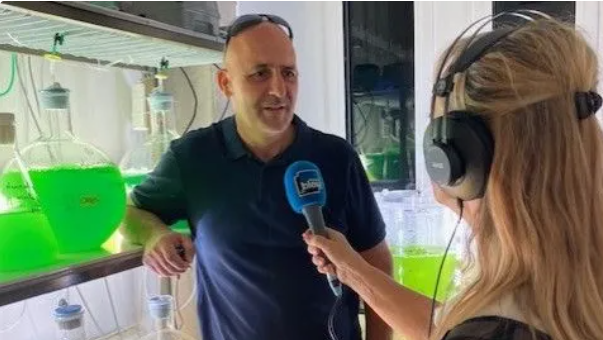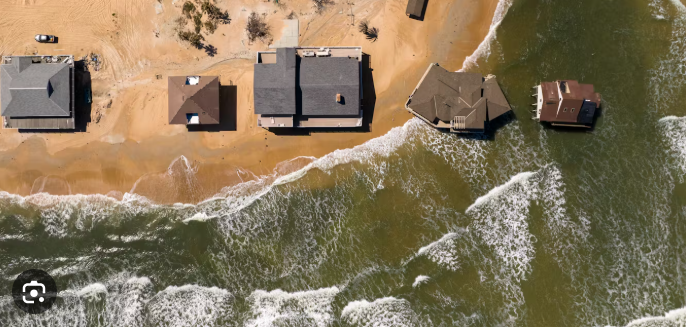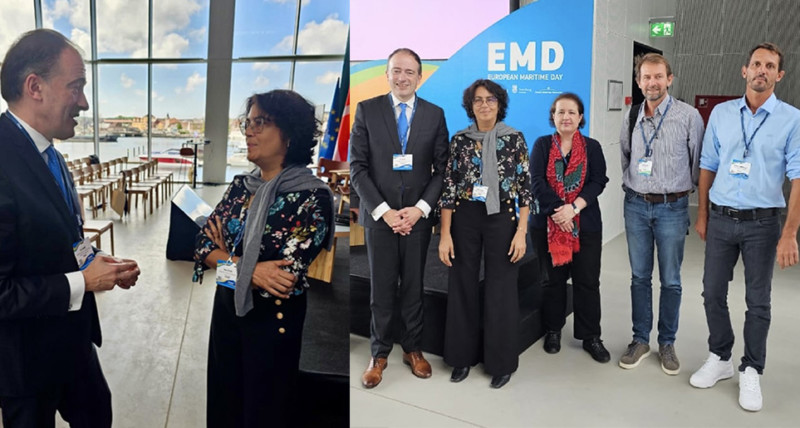In Banyuls-sur-Mer, the Biodiversarium Labs Study Marine Ecosystems and Biodiversity Conservation
Led by biologist Pascal Romans, the Biodiversarium research center plays a crucial role in advancing our understanding of marine environments and their interactions with human activities.
During a tour of the labs, Pascal Romans first pauses before an iconic figure in the scientific history of Banyuls-sur-Mer: Louis Boutan, the inventor of the first underwater photograph in the late 19th century. It was in the Bay of Banyuls that this pioneer captured groundbreaking underwater images, paving the way for a new era of scientific exploration. This historical link with technological innovation and ocean study continues today through the research conducted in the Biodiversarium laboratories.
Studying the Impact of Human Activities on the Sea
The Biodiversarium laboratories bring together teams of researchers and students focused on critical issues in ocean conservation. One major research area is studying the effects of sunscreen on corals. Numerous studies have shown that certain chemicals in these products can harm coral health, endangering these ecosystems already weakened by climate change.
In parallel, researchers are examining endocrine disruptors—chemical substances that, even in low doses, can affect the hormonal systems of marine animals. Clownfish, in particular, are used as model species to study these effects and understand how such substances impact their development and reproduction.
Another field of research involves plankton, especially phytoplankton, which forms the foundation of the marine food chain. Biodiversarium researchers focus on studying the characteristics and role of these microscopic organisms within marine ecosystems. Phytoplankton plays a key role in oxygen production and carbon dioxide capture, making it a critical player in climate regulation.
A Center for Education and Awareness
Beyond its research activities, the Biodiversarium also serves as a training ground for many marine biology students. The laboratories provide unique learning and hands-on research opportunities, immersing students in advanced projects. The site also welcomes visitors, helping raise public awareness about the importance of marine biodiversity conservation.
Source: francebleu




